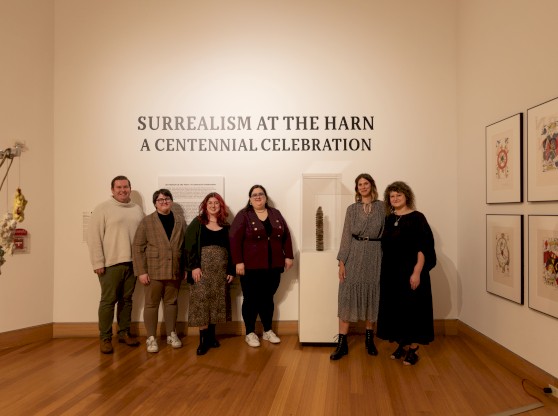Why do we have to defend a life in theatre? Last spring a discussion erupted in my class about the choice to major in theatre. Many of my students admitted that they feel a need to defend or explain their choice to pursue theatre as a career.
My advice to them? Stop making excuses for your choice. Pre-law students don’t feel a need to defend their choice of major. In fact, many people will go out of their way to praise the choice of the pre-law, pre-med, business or even forestry student.
Yes, theatre students have marketable skills . . .
At the high school level, an interest in theatre is often defended by stating that participation in theatre will help in nearly every other job or field. It’s noted that people involved in theatre understand true collaboration, know how to be flexible or adaptable, are often quick studies, have a lot of experience in creative problem-solving, are able to take critiques and improve or change a project or situation, know how to work within a budget, and can be depended upon to meet deadlines. (After all, we are not in the business of postponing opening night!)
But why make that the point of getting a theatre degree?
I wonder why we feel the need to excuse the choice to go into theatre by stating that it supports other jobs or professions. The reason for suggesting that theatre prepares students for other fields may be to placate parents, who may worry that their child is going to enter the labor force in an industry where finding work may be difficult and the average starting salary may be low. The fact is, many will be self-employed and work via independent contracts. If the measure of success includes having a career where people feel they have a purpose and they are making an impact on the world, then the numbers on the paycheck should not determine if the choice of major is valuable. Sure, one wants to have a realistic expectation regarding employment and wages, but the value of committing to a life in the arts is unquantifiable.
When will theatre be enough?
Or, more poignantly, isn’t a life in theatre more than that? Are we teaching ourselves and our students to discredit the art by identifying it as a means to an end rather than an end itself? Can’t we encourage our students to study theatre for the sake of theatre? Isn’t it enough to say, “I want an education in art in order to be an educated and informed artist”? Why can’t we say, “I am a theatre major in order to have a life in theatre”?
Read more articles from Southeastern Theatre Conference News by clicking here.



